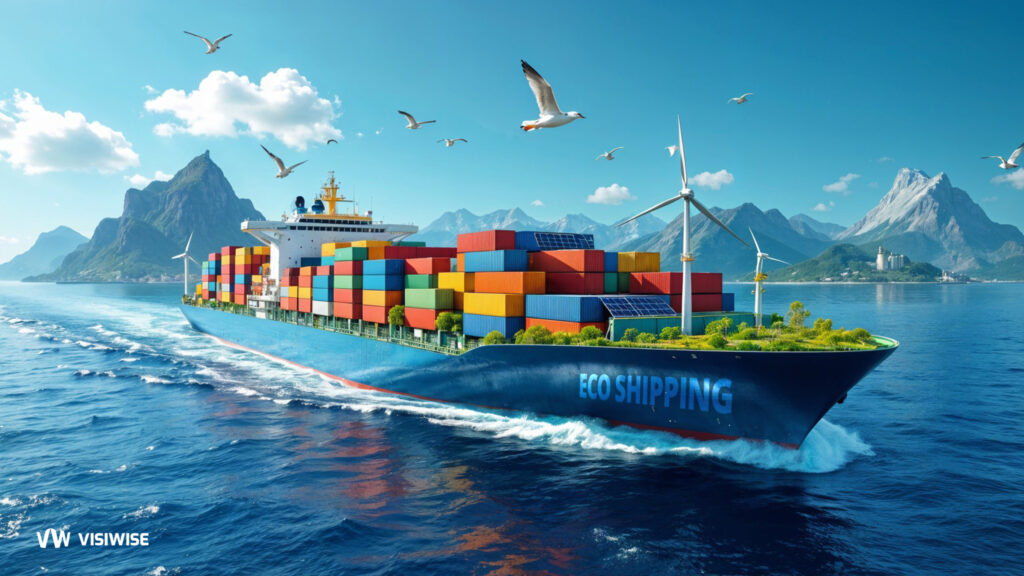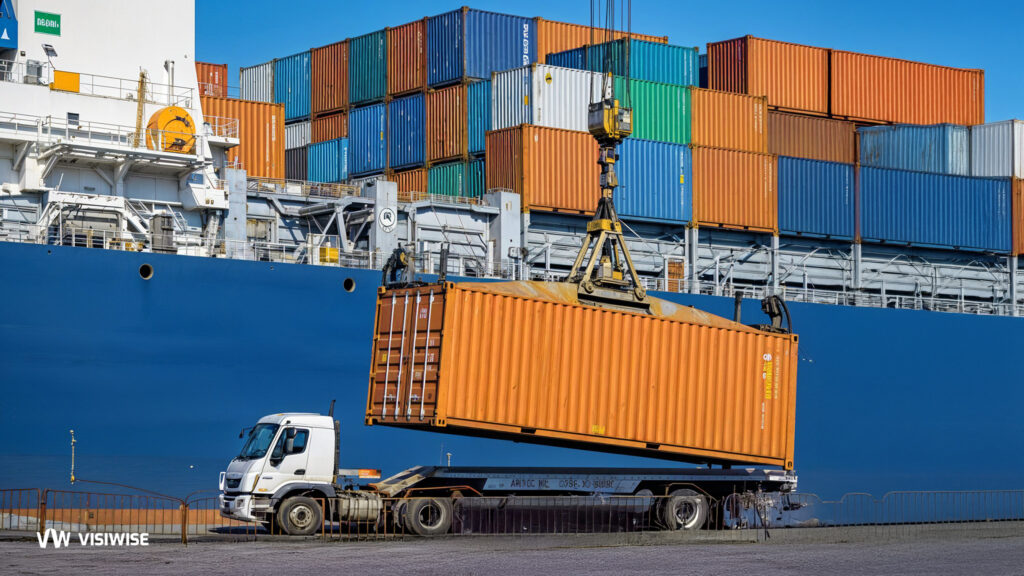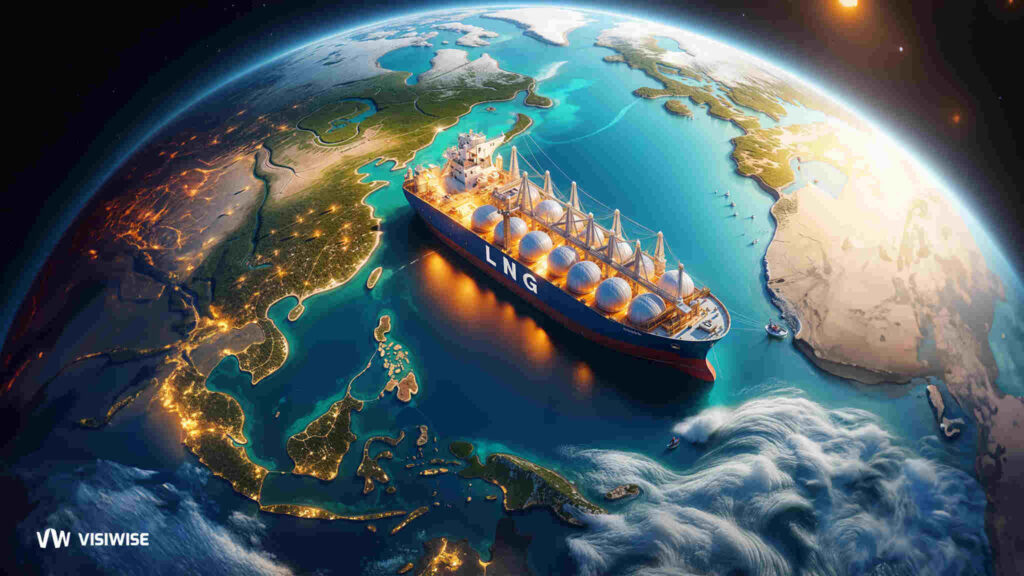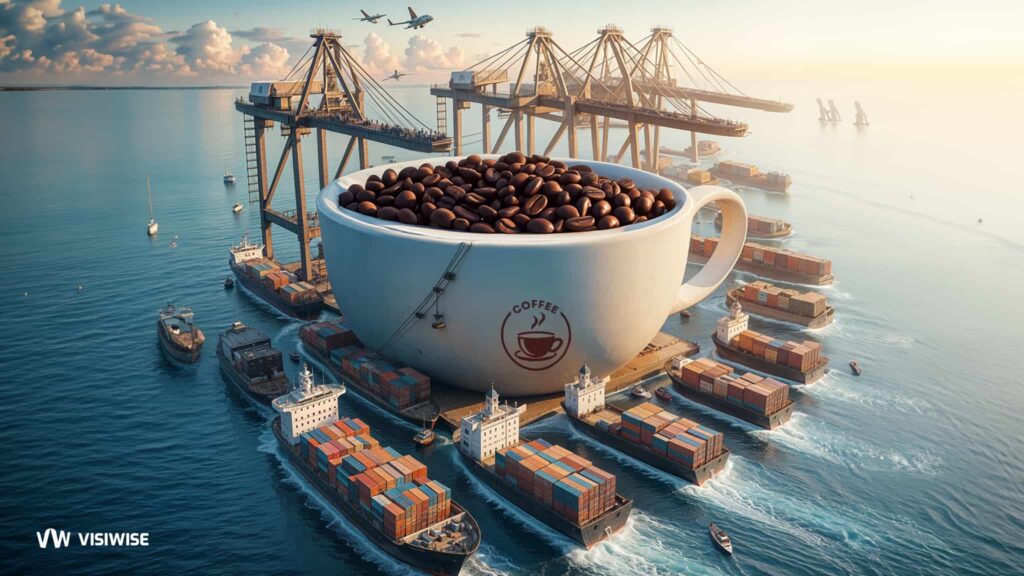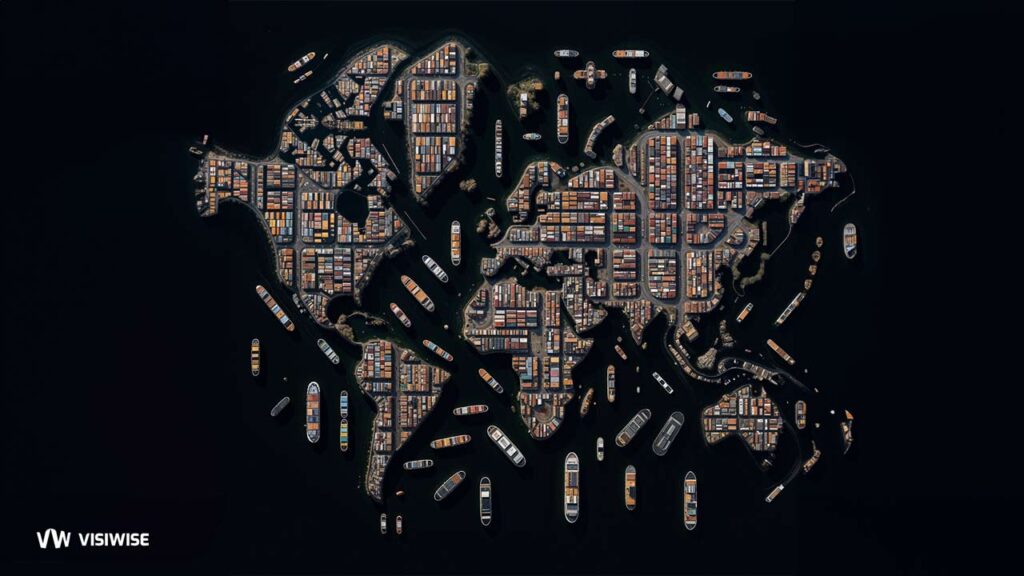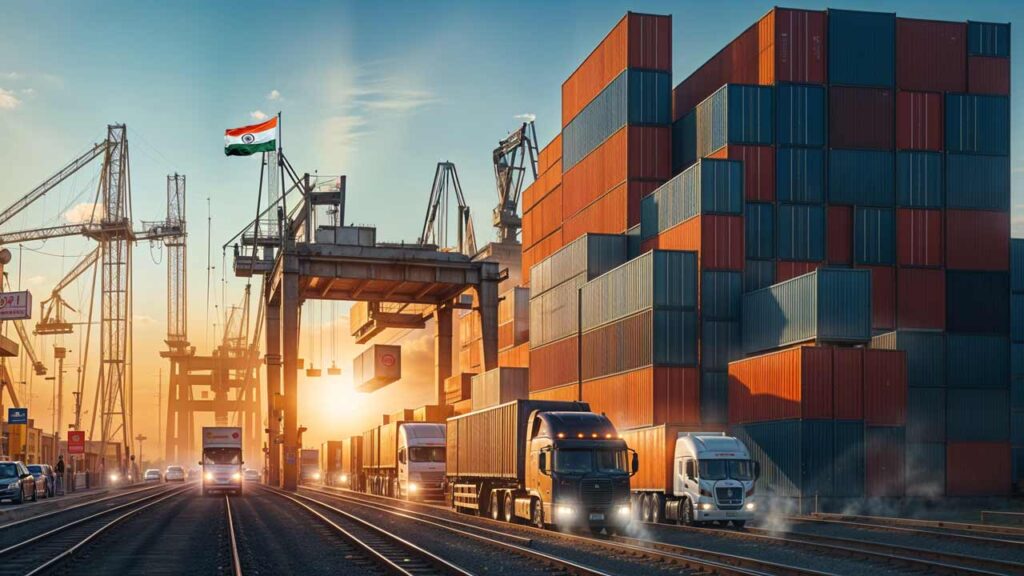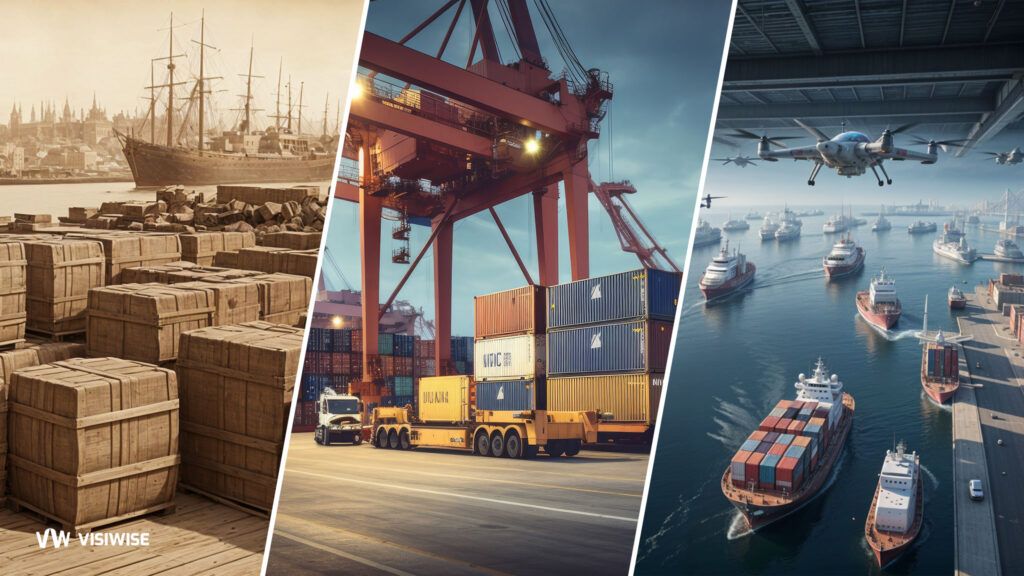Discover how many containers are lost at sea each year and why it happens—from rogue waves and storms to human error. Explore real incidents like the ONE Apus and uncover the hidden risks of global shipping.
Sustainable Shipping: The Maritime Industry’s Crucial Shift Toward a Greener Future
Here in this blog post we are going to talk about the importance of sustainable shipping and how it impacts the environment.
How Long Does It Take to Unload a Container Ship?
In this article, we will explore the process of unloading and how the ports of the world cope with this critical work.
The Evolving Dynamics of LNG Shipping: A Comprehensive Analysis
This article delves into the intricacies of LNG shipping, exploring its historical development, technological advancements, economic impact, regulatory environment, and future prospects.
Canada’s Rail Freight Industry: Past, Present, and Future
This blog post will delve into the history and evolution of Canada’s railways, highlighting their significant impact on the nation’s development
The Ultimate Guide to Shipping Coffee
Shipping coffee worldwide is a crucial element of the global coffee trade. As coffee consumption rises and demand for specialty and exotic coffees increases, the need for efficient and reliable shipping methods becomes essential
The Collaborative Economy: What It Is and How It Helps Us in Logistics
This article delves into the various aspects of these innovative models, exploring their benefits, challenges, and the future trajectory of the logistics sector.
The World’s Biggest Shipping Hubs in the Maritime Industry
This article explores the world’s biggest shipping hubs, examining their significance, operations, and the factors that contribute to their status as leaders in the maritime industry.
ICDs and CFSs in India and the Transformative Influence of Real-Time Visibility
This article explores the significance of ICDs and CFSs in India, the adoption of real-time visibility technologies, and the transformative impact these technologies have on the logistics sector.
Real-Time Visibility in Rail Freight Transportation
This article explores the concept of real-time visibility in rail freight transportation, its benefits, the technologies enabling it, challenges in implementation, and future trends.
Rail Freight and the Shift from Road to Rail Transport in Europe
This article explores the dynamics of this shift from road to rail transport in Europe, examining its drivers, benefits, challenges, and future prospects.
The Evolution of Bulk Shipments: Past, Present, and Future Innovations
This article explores the history of bulk shipments, examines current trends, and looks ahead to future innovations that promise to revolutionize the industry.

